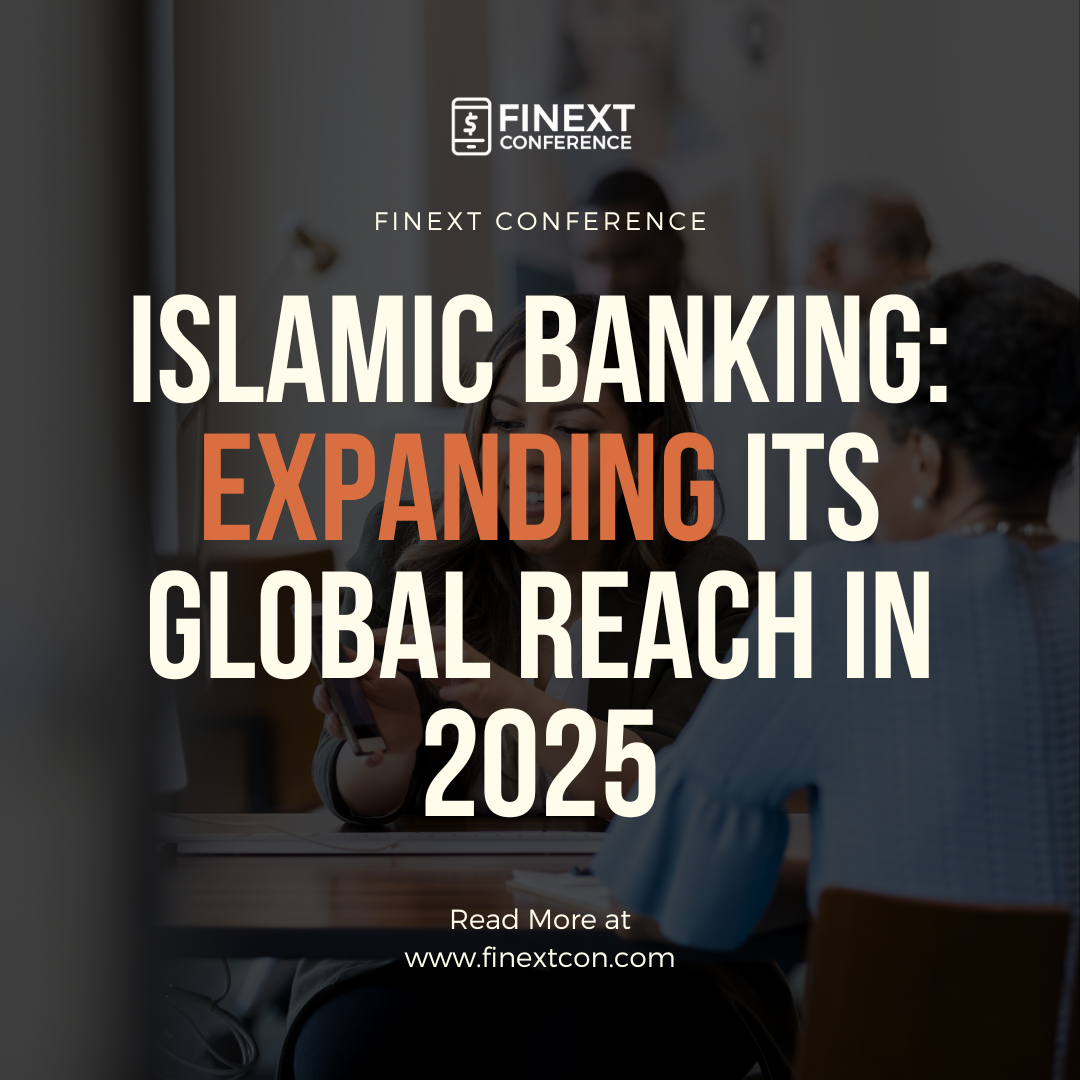Islamic banking has been steadily gaining traction across the globe, appealing not only to Muslims but also to individuals and businesses seeking ethical financial services. By adhering to Sharia principles, which prohibit interest (riba), gambling (maysir), and uncertainty (gharar), Islamic banking provides an alternative to conventional banking. As we move into 2025, its global footprint is set to expand further, driven by innovation, inclusivity, and increased awareness of sustainable finance.
The Growth of Islamic Banking
The Islamic finance market was valued at over $2.5 trillion in 2023 and is projected to grow significantly in the coming years. Its growth is fueled by several factors:
- Demographic Shifts: Muslim populations are growing, particularly in emerging markets such as Indonesia, Pakistan, and parts of Africa. This creates a strong demand for Sharia-compliant financial services.
- Global Awareness: Non-Muslim-majority countries, including the UK, Japan, and Australia, are recognizing the economic potential of Islamic banking, leading to the establishment of dedicated frameworks and products.
- Technological Innovation: Fintech is revolutionizing Islamic banking, making services more accessible. Digital banking platforms, blockchain for transparent contracts, and artificial intelligence for personalized financial solutions are transforming how Islamic banks operate.
Key Trends Shaping Islamic Banking in 2025
1. Geographic Expansion
Islamic banking is no longer confined to Muslim-majority countries. Financial hubs like London, Singapore, and Hong Kong are embracing Islamic finance as a key part of their economic strategies. For instance, the UK government has issued sovereign sukuk (Islamic bonds) to attract global investors.
2. Focus on Sustainability
Islamic banking’s inherent ethical principles align with the global push for sustainable finance. Many Islamic banks are now funding green projects, such as renewable energy, and integrating Environmental, Social, and Governance (ESG) criteria into their operations.
3. Regulatory Support
Governments and international organizations are playing a pivotal role in standardizing Islamic banking practices. Institutions like the Islamic Financial Services Board (IFSB) and Accounting and Auditing Organization for Islamic Financial Institutions (AAOIFI) are working towards greater harmonization of standards.
4. Digital Transformation
Fintech solutions tailored for Islamic banking are gaining momentum. These include apps that calculate zakat (obligatory charity), facilitate halal investments, and offer Sharia-compliant peer-to-peer lending platforms.
5. Microfinance and Financial Inclusion
Islamic banks are increasingly focusing on financial inclusion by offering microfinance solutions for underserved populations. These initiatives empower communities and promote economic stability.
Challenges to Overcome
Despite its growth, Islamic banking faces several challenges:
- Limited Awareness: Non-Muslim customers and even some Muslims are unaware of Islamic banking’s benefits and principles.
- Regulatory Fragmentation: Different interpretations of Sharia law across regions can lead to inconsistencies.
- Competition: Conventional banks are incorporating ethical finance products, creating stiff competition.
The Road Ahead
Islamic banking in 2025 is poised for remarkable growth as it capitalizes on technological advancements, expanding markets, and increased awareness of ethical finance. By addressing its challenges and building on its strengths, it has the potential to redefine global finance, providing an inclusive, sustainable, and equitable banking system.
Whether you are a business seeking ethical financing options or an investor exploring sustainable opportunities, Islamic banking offers a robust and principled alternative. The journey ahead promises not just expansion but transformation, paving the way for a fairer financial future.
